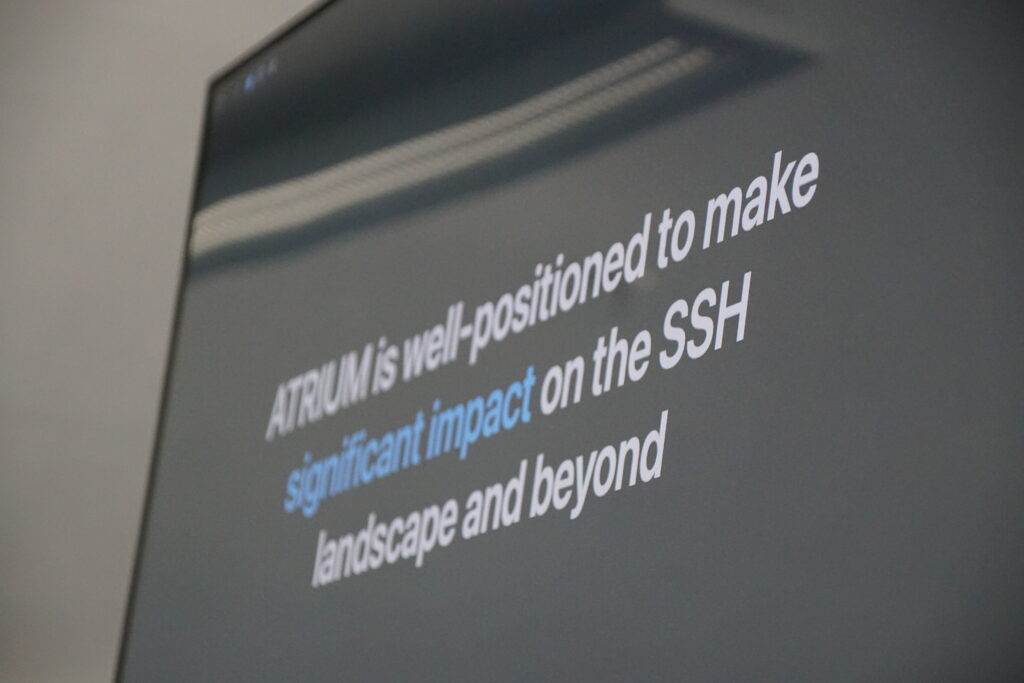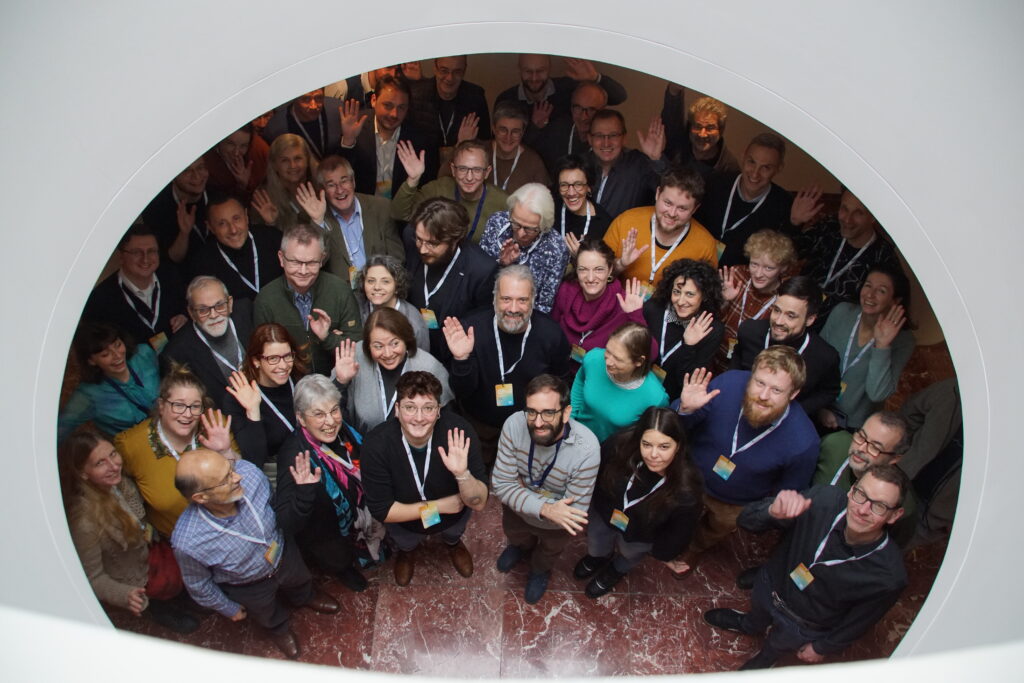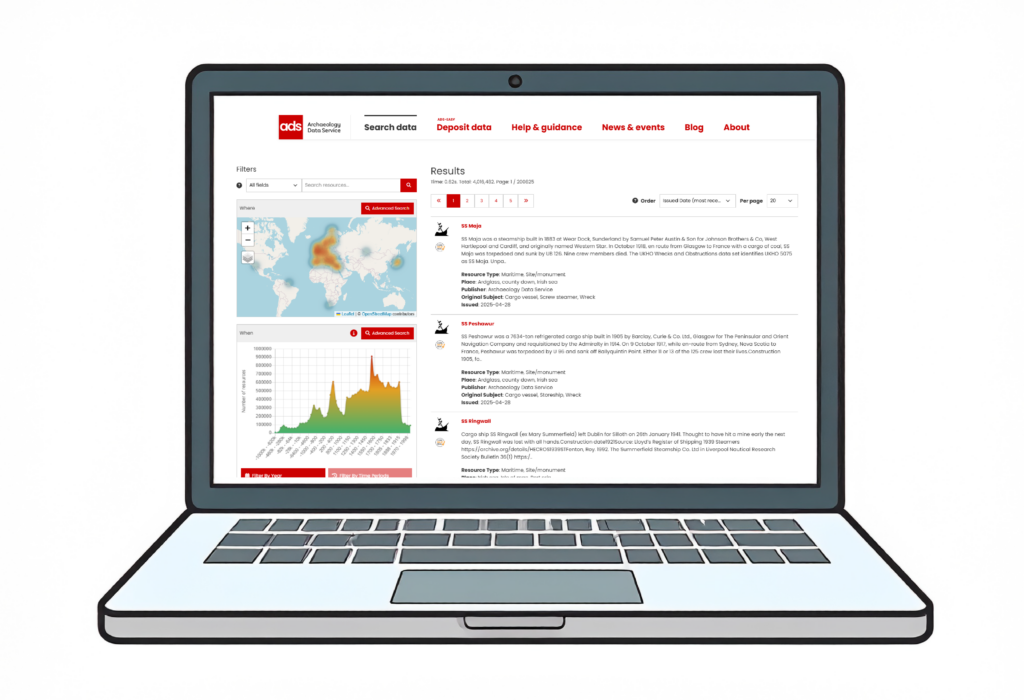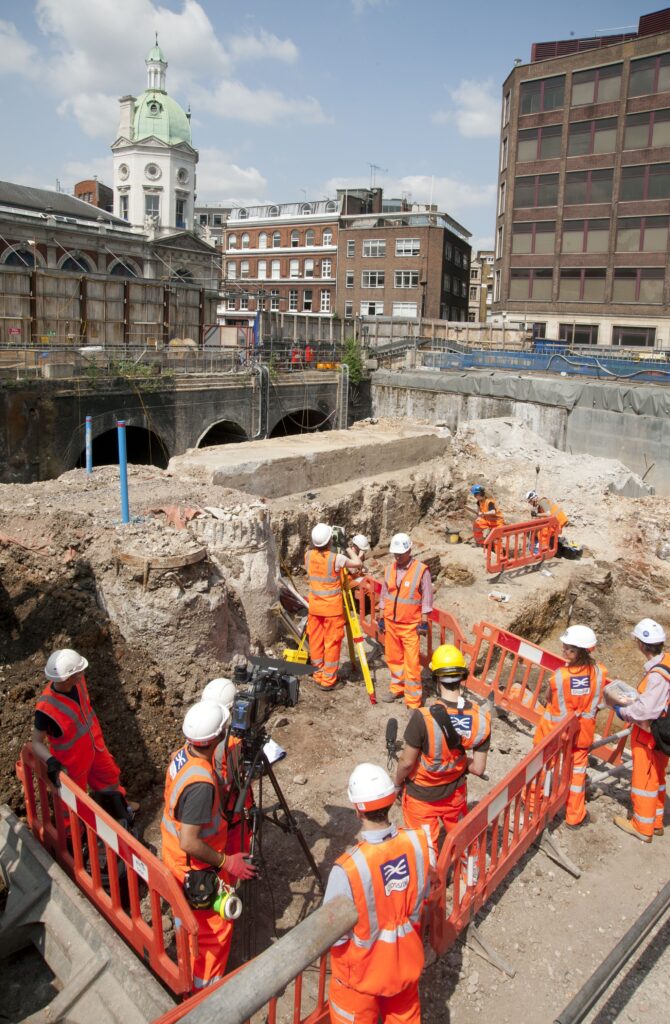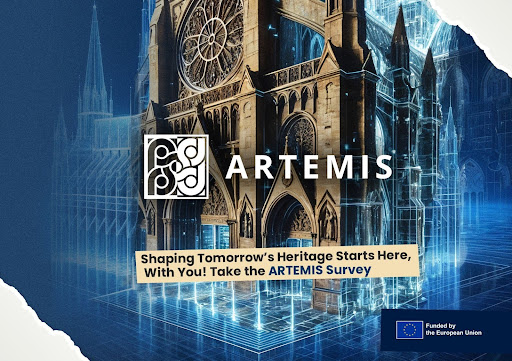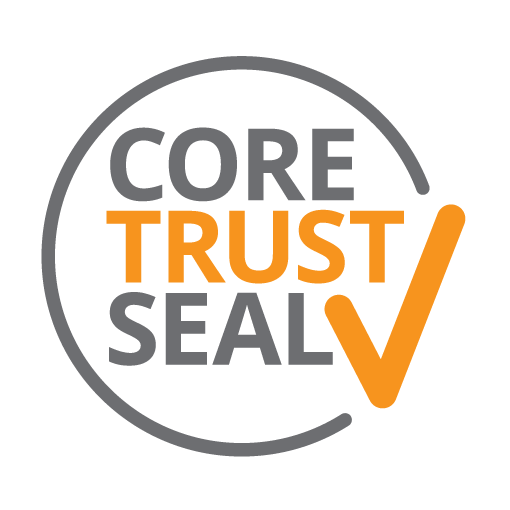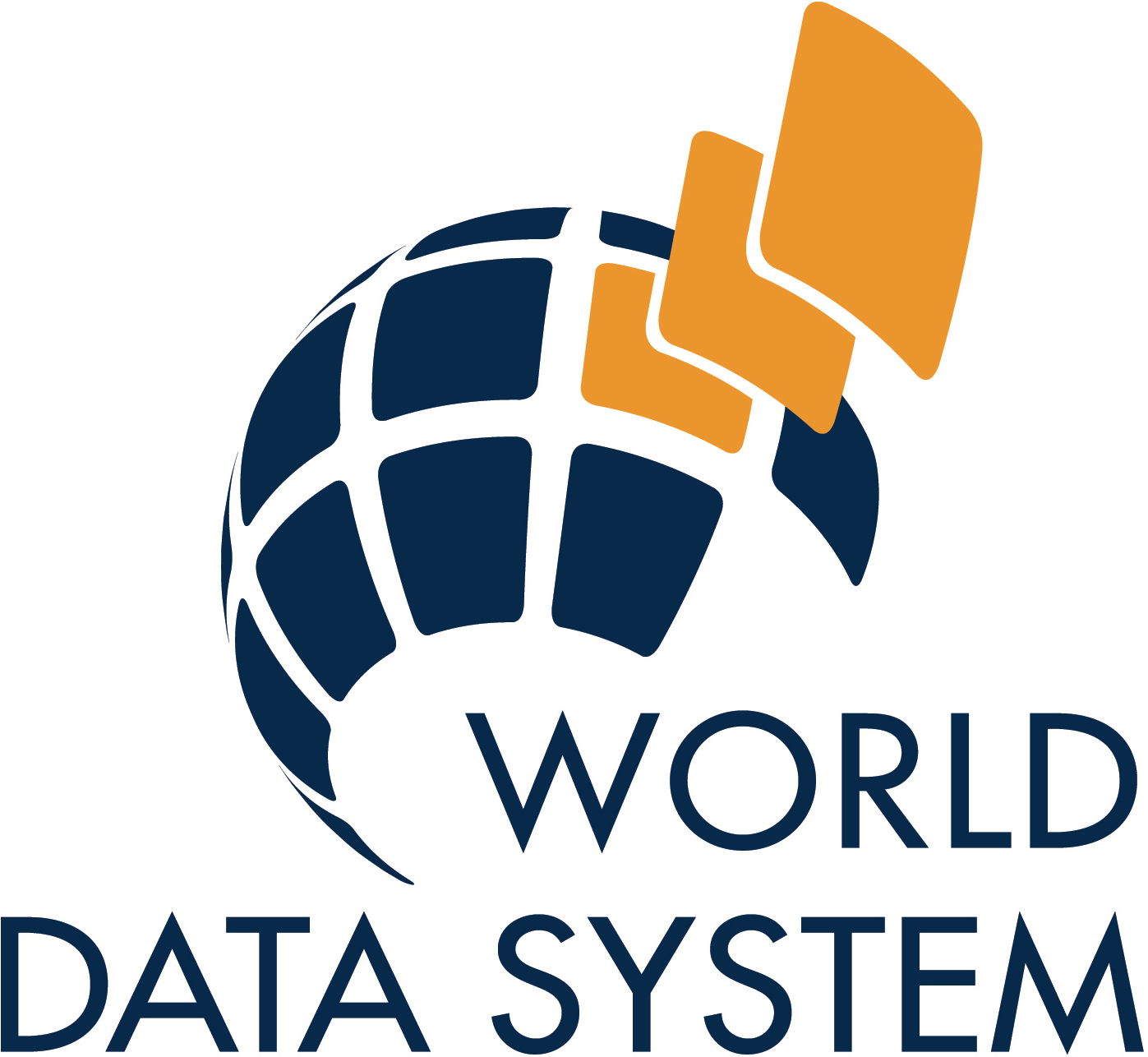The ADS is excited to begin work on the ATRIUM project, which stands for Advancing FronTier Research In the Arts and hUManities. Awarded through HORIZON Research and Innovation Action, this four year project is led by DARIAH (The Digital Research Infrastructure for the Arts and Humanities), and has 29 different partners and affiliates from 14 European countries.
ATRIUM will strengthen connections between leading European infrastructures: (DARIAH, ARIADNE, CLARIN, OPERAS) to improve access to a portfolio of state-of-the-art services available to researchers across countries, languages, domains and media. Research infrastructures in the Arts and Humanities domain must cater to a wide range of stakeholders and offer services that cut across discipline-specific boundaries. ATRIUM will tackle this diversity by making a groundbreaking contribution to the consolidation and expansion of services, including data services, and by facilitating access to a wide array of essential text, image and sound-based services that cover all phases of the research data lifecycle.
You can read more about the project and the involvement of the ADS on the Projects Page of the ADS website.
At the beginning of February three members of the ADS team, ADS Director Prof Julian Richards, Deputy Director Dr Tim Evans and Research Projects Manager Dr Holly Wright, travelled to Berlin to participate in the kick off meeting for the project. This meeting gave an opportunity for all the project partners to meet and plan details for all of the different work packages.
We’re excited that @ADS_Update is leading on two WPs in #ATRIUM, including demonstrators enhancing @ARIADNE_RI portal, and organising 388 weeks of transitional access opportunities for #Arts&Humanities researchers. https://t.co/cNJxi4lBLz
— Julian D Richards (@Julian62523002) February 9, 2024
The ADS is leading on two work packages in the ATRIUM project
- The creation of ‘curiosity driven demonstrators’, which will provide exemplary workflows around particular topics or data types that will enhance The Ariadne Portal.
- Organising 388 weeks of transitional access opportunities for Arts and Humanities researchers, including hosting researchers with our staff here at the ADS (more information about this scheme will be announced soon).
You can read more details about this meeting from this recent news post on the ARIADNE Research Infrastructure (RI) website.
